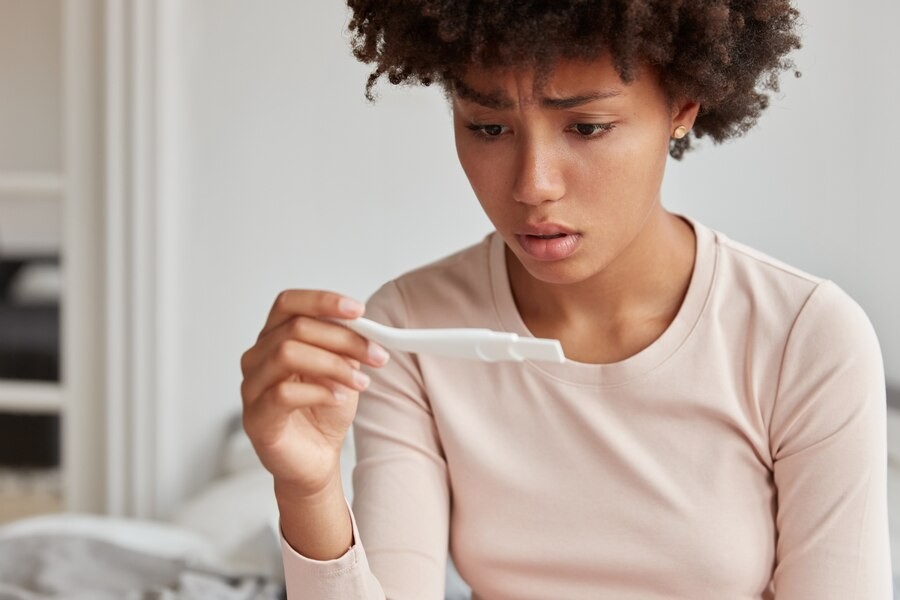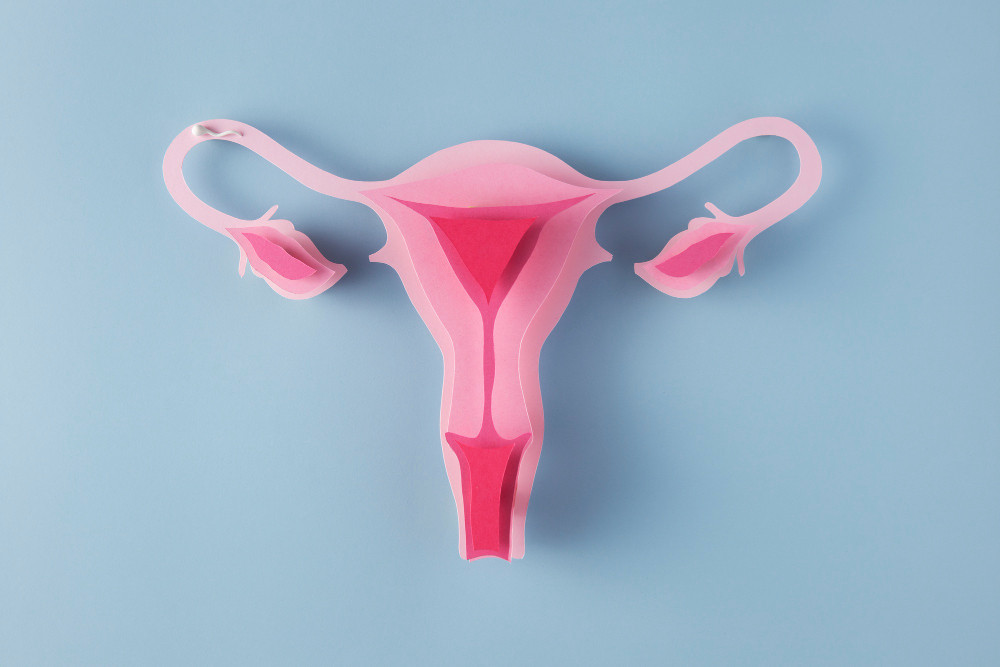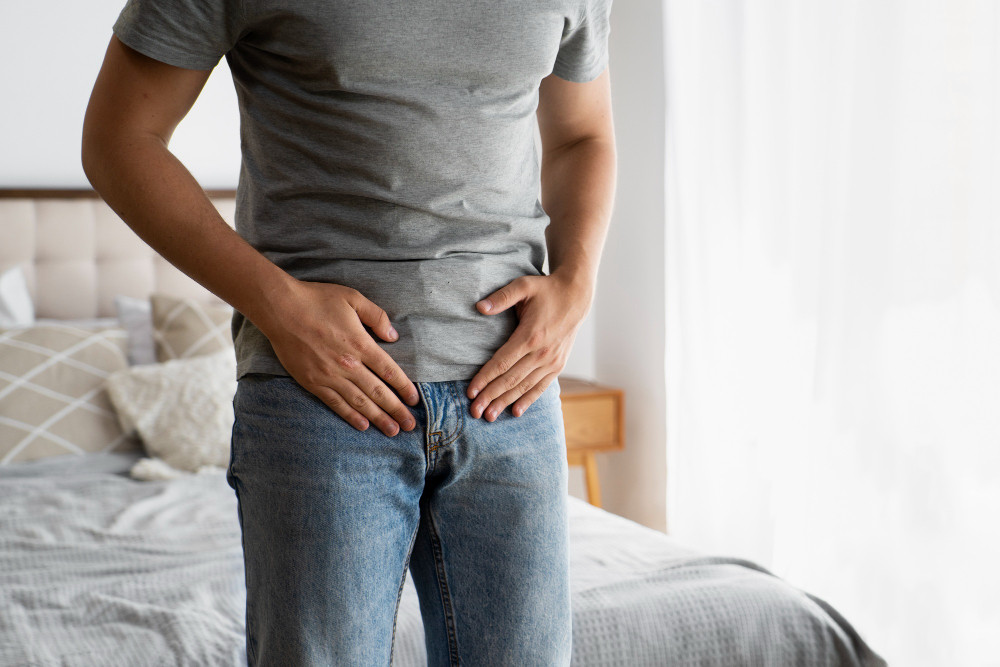Sperma diproduksi oleh sistem reproduksi pria yang disebut testis. Sperma ini kemudian akan dikeluarkan bersamaan dengan cairan dari kelenjar reproduksi lainnya dalam bentuk air mani saat ejakulasi.
Setelah sperma dikeluarkan bersama air mani selama ejakulasi, perjalanan mereka menuju sel telur wanita dimulai. Lingkungan vagina bersifat asam, yang menjadi tantangan bagi sperma dan dapat membunuh banyak sperma. Namun, tidak semua sperma akan mati setelah ejakulasi. Ketahui lebih lanjut berapa lama sperma bisa bertahan di luar setelah ejakulasi.
Berapa Lama Sperma Bertahan di Luar Setelah Ejakulasi?
Ejakulasi adalah proses di mana sperma dikeluarkan dari tubuh pria melalui penis. Proses ejakulasi sangat kompleks dan melibatkan sistem saraf dan otot yang mengangkut sperma dari testis. Di sana, sperma akan bercampur dengan cairan lainnya kemudian dikeluarkan dari tubuh melalui penis.
Setelah ejakulasi, sperma dapat bertahan hidup untuk jangka waktu yang berbeda-beda tergantung pada kondisi lingkungan tempat mereka berada. Ada beberapa faktor yang memengaruhi ketahanan sperma di luar tubuh, di antaranya:
Lingkungan yang kering
Di permukaan yang kering seperti kain, kulit, sprei, bantal atau benda lainnya sperma biasanya akan mati dalam beberapa menit. Namun, dalam kondisi yang sangat jarang, sperma mungkin bisa bertahan hingga sekitar 30 menit di permukaan dingin dan kering meskipun kemampuannya untuk membuahi sangat rendah. Kondisi kering dan paparan udara cepat menyebabkan sperma mengering dan kehilangan viabilitasnya.
Air atau cairan lainnya
Di dalam air seperti di dalam bak mandi atau kolam renang, sperma akan lebih cepat mati. Kondisi air biasanya tidak mendukung kelangsungan hidup sperma untuk waktu yang lama karena adanya perubahan suhu, konsentrasi klorin dan pH yang tidak sesuai.
Suhu air yang tinggi dapat merusak struktur dan fungsi sperma, menyebabkan mereka mati lebih cepat. Kandungan kimia seperti klorin dalam air juga dapat memengaruhi viabilitas sperma, membuat mereka tidak mampu bertahan lama.
Baca Juga: Ciri-Ciri Sperma yang Sehat
Lingkungan basah
Di lingkungan yang basah seperti lendir serviks, sperma bisa bertahan lebih lama. Dalam kondisi yang optimal, sperma bisa bertahan hingga 5 hari karena lingkungan ini menyediakan nutrisi dan kondisi yang mendukung usia sperma.
Ketahanan sperma di dalam vagina terutama disebabkan oleh efek perlindungan dari lendir serviks dan kriptus serviks. Pada masa subur, lendir serviks menjadi lebih tipis dan elastis, memfasilitasi perjalanan sperma. Lendir ini juga menyediakan nutrisi yang diperlukan untuk mempertahankan viabilitas sperma. Sedangkan jaringan kriptus serviks dapat membantu menyimpan dan melindungi sperma, memungkinkan mereka untuk bertahan lebih lama di dalam tubuh wanita.
Baca Juga: Jenis-Jenis Gangguan Sperma yang Menurunkan Peluang Kehamilan
Memperpanjang Usia Sperma Melalui Teknologi Pembekuan Sperma
Karena usia sperma yang tidak bisa bertahan lama di luar setelah ejakulasi, teknologi menawarkan cara memperpanjang usia sperma melalui teknologi pembekuan sperma. Teknologi yang dikenal dengan istilah kriopreservasi ini memungkinkan pria menyimpan dan membekukan sperma dalam jangka panjang.
Pembekuan sperma memberikan kesempatan bagi pria untuk mempertahankan peluang memiliki anak kandung di masa depan, terutama bagi mereka yang menghadapi kondisi atau situasi yang dapat memengaruhi kesuburan mereka.
Tertarik untuk mengetahui lebih lanjut mengenai pembekuan sperma? Anda perlu berkonsultasi dengan spesialis yang memiliki keahlian dalam bidang fertilitas dan kesehatan reproduksi. Anda juga bisa memanfaatkan layanan konsultasi kesehatan dengan mengunduh aplikasi Ai Care melalui App Store atau Play Store.
Mau tahu informasi seputar penyakit lainnya? Cek di sini, ya!
- dr. Monica Salim
Tim Jewell (2024). 12 Widely Believed Sperm 'Facts' That Are Actually False. Available from: https://www.healthline.com/health/mens-health/sperm-myth-and-facts
Mary Anne Dunkin and Matt McMillen (2023). What is Sperm?. Available from: https://www.webmd.com/infertility-and-reproduction/sperm-and-semen-faq
Medline (2023). Sperm. Available from: https://medlineplus.gov/ency/imagepages/19471.htm
Mayo Clinic (2022). Patricio C. Gargollo, M.D. Available from: https://www.mayoclinic.org/healthy-lifestyle/getting-pregnant/expert-answers/pregnancy/faq-20058504
Simone Marie (2021). What You Need to Know About Freezing Sperm. Available from: https://www.healthline.com/health/fertility/freezing-sperm
John Hopkins Medicine. Sperm Banking. Available from: https://www.hopkinsmedicine.org/health/treatment-tests-and-therapies/sperm-banking
Zawn Villines (2019). What to know about sperm production. Available from: https://www.medicalnewstoday.com/articles/325906











